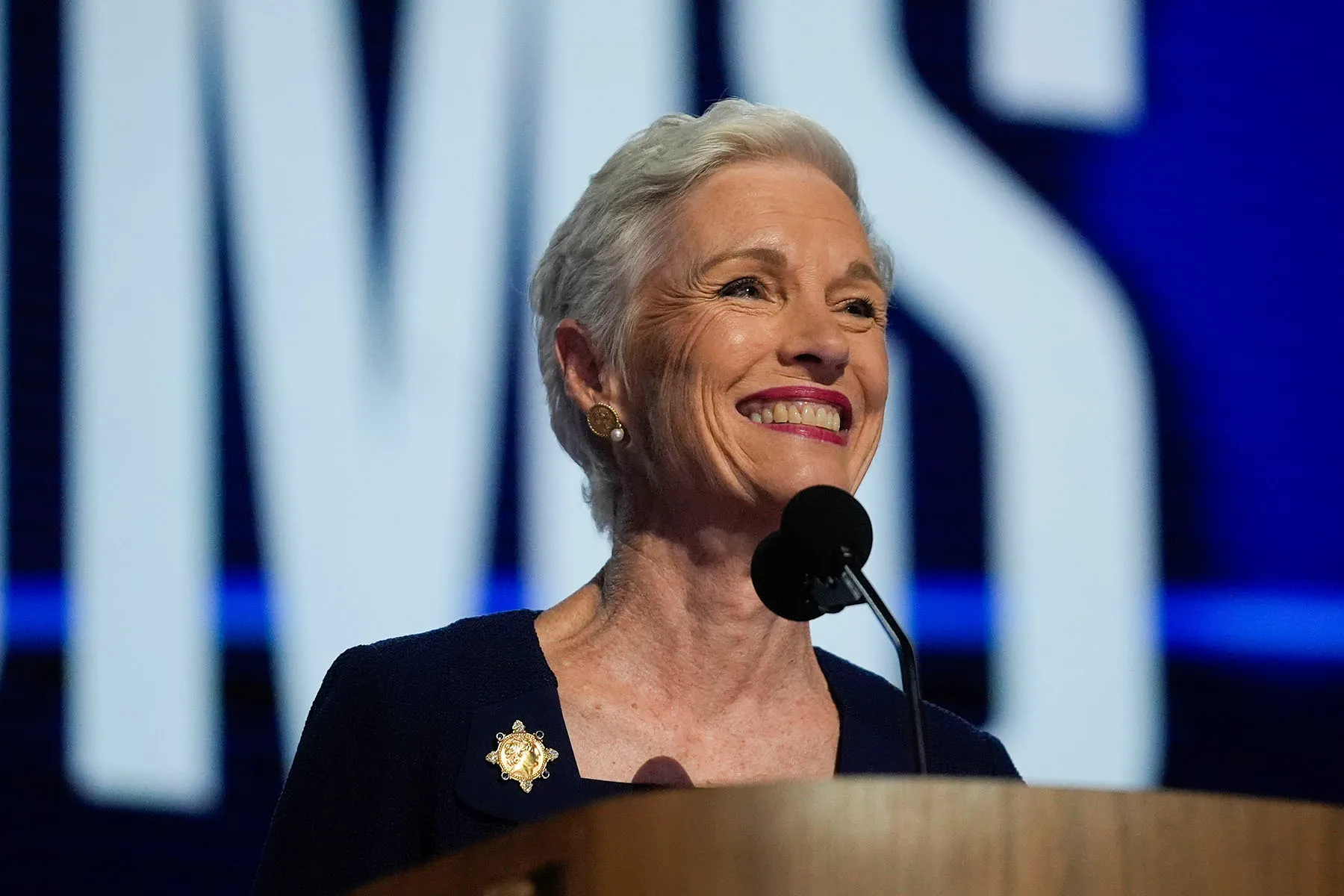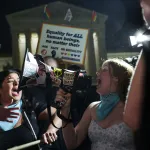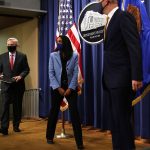Cecile Richards, the former president of Planned Parenthood and feminist activist, died Monday of an aggressive brain cancer, her family confirmed in a statement. She was 67. Richards, the daughter of the former Democratic Texas governor, was one of the nation’s most prominent advocates for abortion rights.
“This morning our beloved Cecile passed away at home, surrounded by her family and her ever-loyal dog, Ollie. Our hearts are broken today but no words can do justice to the joy she brought to our lives,” the family wrote.
Even after her 2023 glioblastoma diagnosis, Richards had remained a fixture in Democratic politics. In August, she helped cast Texas’ ceremonial votes at the Democratic National Convention to nominate Vice President Kamala Harris, and delivered one of the event’s speeches focused on reproductive rights.
“When women are free to make their own decisions about their lives and to follow our dreams, we are unstoppable,” she said in the August 21 speech. “But when Roe v. Wade was overturned, a generation of young people lost that freedom.”
In late October, Richards told The 19th she had voted early in New York City for Harris, adding that she told an election worker she had “waited for this chance all my life.”
“It felt so powerful to vote for Kamala and to know that young women and men are getting to cast their first votes ever for Kamala,” she said.
Harris released a statement commemorating Richards on Monday. The remarks were Harris’ last official statement as vice president.
“Cecile led with heart, fearlessness, and courage on the frontlines of the fight for women’s rights and the dignity of every woman to make decisions about their own body,” Harris said. “She fought tirelessly on behalf of all women, and today millions across the nation benefit from her work.”
Richards had most recently worked to help launch Abortion in America, a website devoted to sharing stories of people who had sought the procedure after the fall of Roe v. Wade, as well as a chatbot called Charley, which provided information about where and how people could terminate their pregnancies. She was also a co-chair at American Bridge, a liberal super PAC and opposition research group.
Richards entered politics as a teenager, working when she was 16 years old on a campaign to elect Sarah Weddington, the attorney who argued against Texas’ abortion ban in Roe v. Wade, to the state’s legislature. As an undergraduate at Brown University, she joined student activist efforts to push the university to divest its endowment from companies working in apartheid South Africa.
In her 20s, she worked in labor organizing, heading campaigns for nursing home employees and garment workers, before moving back to Texas in 1990 to work on her mother’s gubernatorial bid. Following her mother’s term, Richards eventually moved to Washington, D.C.
It was Richards’ work at Planned Parenthood, which she helmed from 2006 to 2018, the second-longest time any individual has run the organization, that catapulted her into the national spotlight.
Richards’ tenure came as anti-abortion efforts hit a fever pitch, overlapping with attempts by Republican-led state legislatures to pass laws that could restrict access to abortion and cut funding to reproductive health providers, including in her home state of Texas. Years later, she would describe the period as “a turning point in the fight for access to abortion.”
In 2013, when Texas lawmakers worked to pass an omnibus bill full of abortion restrictions, Richards joined protesters in the state Capitol building, encouraging abortion rights supporters to yell loudly enough to halt state legislative proceedings. Their efforts worked, albeit temporarily: the noise prevented legislators from passing the bill before their midnight deadline, a moment broadcast on a viral livestream from The Texas Tribune. (The bill was eventually passed in a subsequent legislative session, before being struck down by the U.S. Supreme Court in 2016.)
“Her support really helped put it all together,” Dave Cortez, a member of Occupy Austin, told The Texas Tribune at the time.
Under Richards, Planned Parenthood — now inextricable from the Democratic Party, which largely supports abortion rights — became more politically active. In 2008, it endorsed Barack Obama for president, the second time it had waded into presidential politics. In 2016, it issued its first-ever primary endorsement, throwing its support behind Hillary Clinton, a longtime supporter of reproductive rights. Richards argued that the moves were not partisan, but instead about supporting politicians who cared about reproductive rights.
Richards stayed involved in progressive politics after leaving Planned Parenthood, co-founding the feminist organization Supermajority in 2019. The organization focuses on training people to advocate for women’s equality. Richards left Supermajority at the end of 2020.
As abortion rights came under fire — and especially with the 2022 fall of Roe v. Wade — Richards emerged as a vocal supporter of abortion rights. In the months before Roe was overturned, she argued in an op-ed in The New York Times that Republicans had traded “the rights of women for political expediency.”
“If I have one regret from my time leading Planned Parenthood, it is that we believed that providing vital health care, with public opinion on our side, would be enough to overcome the political onslaught,” she wrote in the 2022 piece.
More recently, she told The 19th she believed it would be years before the country might restore abortion rights.
“In all honesty, I fear it will take us a long time to restore the rights we once had,” she said. “For people who face challenges based on race, geography, income, and more, these inequities are deep-seated, intersectional and much more difficult to eradicate. We need to be ready for a multi-year fight.”
Grace Panetta contributed to this report






